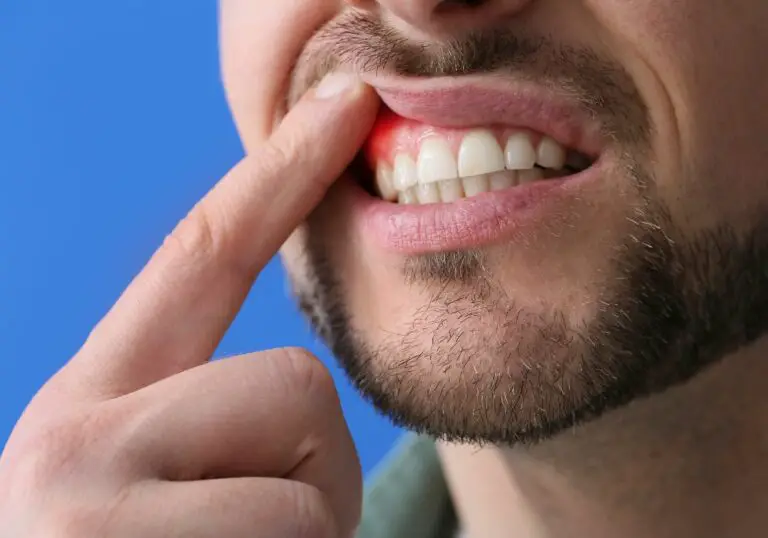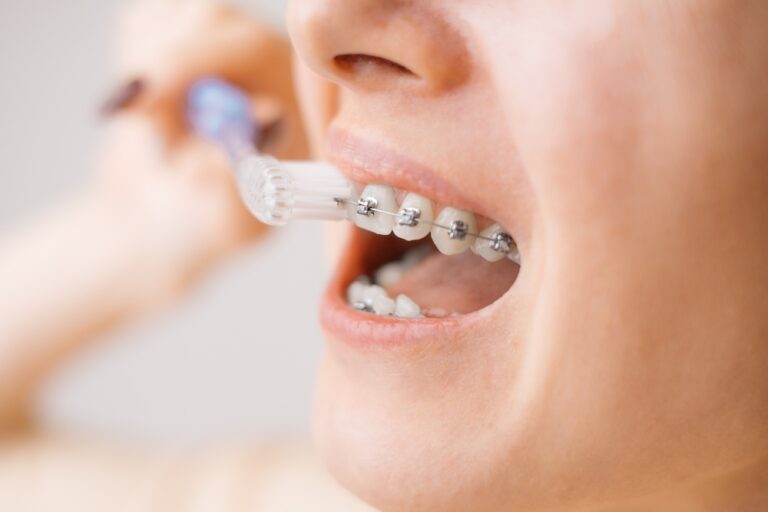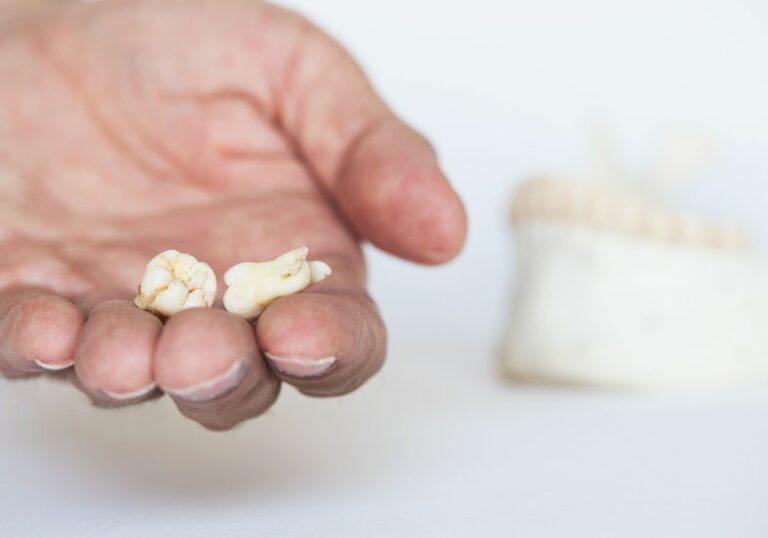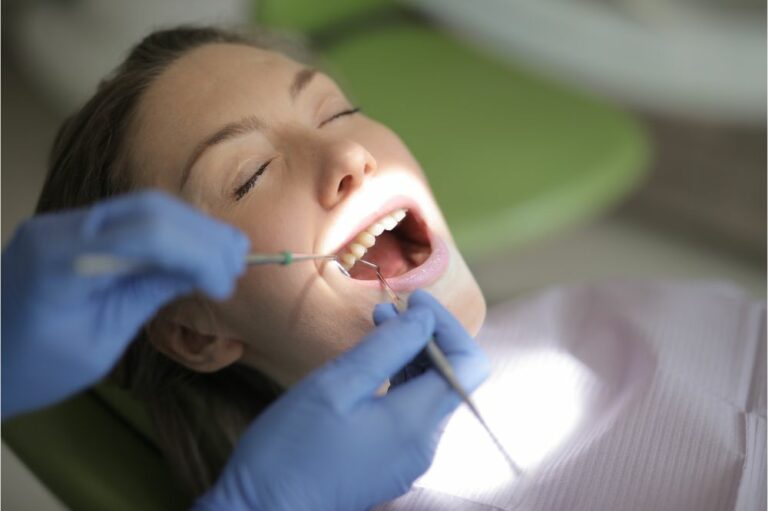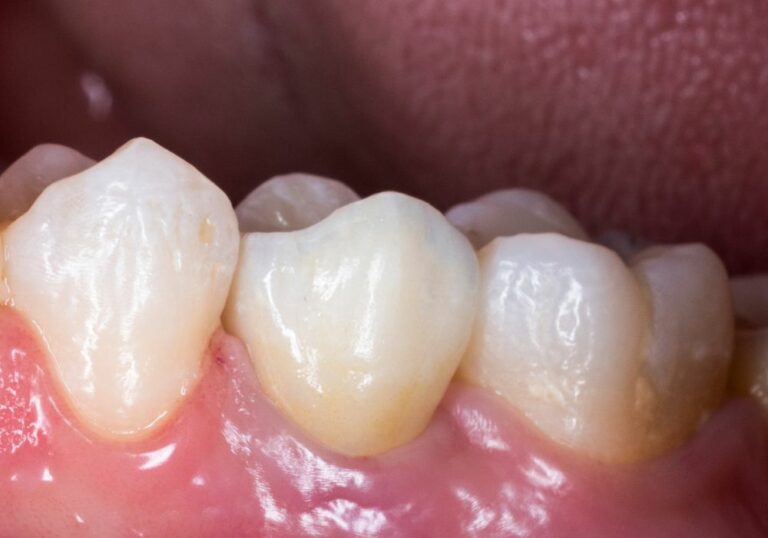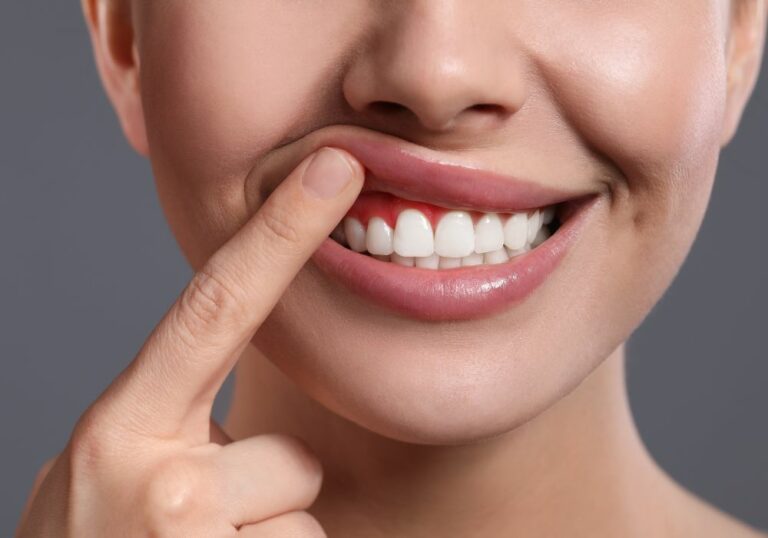Teeth grinding is almost a mysterious disorder that affects up to 50% of kids during sleep. We say almost mysterious because sometimes it is hard even for doctors to diagnose what caused it with complete certainty, which leaves many wondering why do kids grind their teeth in their sleep.
Luckily, we have a list of possible suspects which can easily be targeted and treated. In this article, we will not only talk about them but also about the symptoms, consequences, diagnosis, and treatment of kids’ teeth grinding during the night.
What Is Teeth-grinding (Bruxism) in Kids?
Teeth grinding or bruxism, which is the medical term for the condition, is the uncontrolled grinding, gnashing, and clenching of the lower teeth over the upper ones, during which the teeth get excessively worn out and damaged.
Although bruxism occurs at all ages, it is most common in children between the ages of 3 and 10. Luckily, the majority of them spontaneously get rid of this problem by the age of 13.
It takes place on a subconscious level, which is why children are most often not even aware that they suffer from bruxism.
Unfortunately, this means they cannot report it to their parents and the dentist, let alone control it. The fact that bruxism in kids mostly occurs during the night (sleep bruxism) also contributes to this. Adults are usually affected by waking bruxism, although there is, of course, a lot of overlap.
Sleep bruxism is mostly a transient condition that does not affect the child’s health in the long run.
However, we should bear in mind the fact that the forces generated during night grinding are up to three times greater than the forces generated during, for example, chewing, which tells us how much children really suffer, even if they are not aware of it and the condition will pass.
For this reason, we should definitely try to help them. In order to be able to do that, we first need to figure out the symptoms of teeth grinding in kids.
What Are the Symptoms of Kids Grinding Their Teeth In Sleep?
Of course, the most obvious symptom of sleep bruxism is teeth-grinding.
However, as we already said, most kids are unaware of it, and since it occurs during the night, the majority of the parents and caregivers will not be awake to hear the strange sounds coming from the kids’ mouths.
If you suspect the occurrence of this disorder in your child, you can place a baby monitor in their room or make an audio recording of their sleep.
The next sign that can tell you your child suffers from bruxism is the sensitivity of their teeth to stimuli. If your child feels discomfort during the consumption of hot-cold or sour-sweet food and drinks, there is a possibility that they are clenching their teeth during the night.
All that teeth-gridding irritates the jaw muscles, which is why your kid might complain of sore jaw and tense jaw pain, especially in the morning. Earache and discomfort in the ear area during eating and chewing are other symptoms that you should pay attention to.
Headaches, poor sleep, temporomandibular joint (TMJ) disorders (jaw clicking and other problems), and tooth wear are other indicators of sleep bruxism in your kid.
What Causes Kids to Grind Their Teeth in Their Sleep?
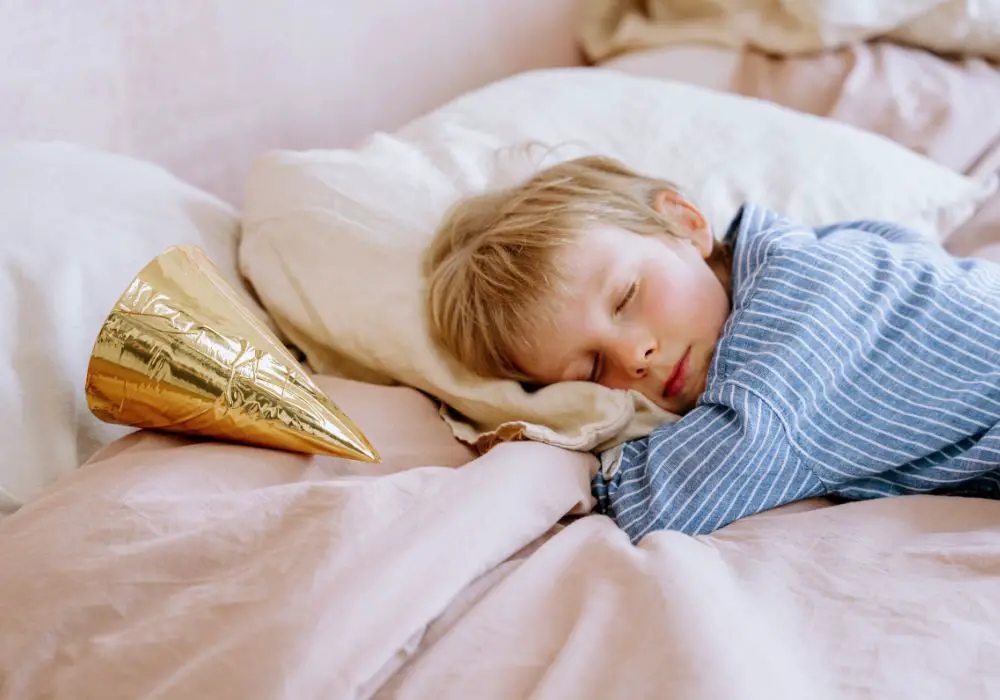
Okay, now that we have figured out the symptoms of teeth-grinding in kids, it is time to take a look at its causes. Learning about the origins of the problem will go a long way to solving the issue.
Among the most common causes of sleep teeth-grinding or bruxism in children are everyday stressful events, worrying, anxiety, emotional tension, and fear.
Although it may sound counterproductive, the body tries to get rid of all the stress it has accumulated during the day by grinding the teeth at night. If stress or something similar is the cause of sleep bruxism, it can last for several years – as long as there is something that is stressing the kid out.
Another common suspect is teeth growing and transitioning from baby teeth to permanent ones. Since teeth growing is a novel sensation for kids, a lot of them do not know how to deal with it and start grinding their teeth as a response to it.
Premature eruption of permanent teeth, which occurs due to premature wear and tear of baby teeth, is another cause of sleep bruxism related to tooth growth.
When something related to teeth growing is the cause of the condition, sleep bruxism usually goes away as soon as your kid is done with their teeth “issues”, and no special treatment is needed.
Clenching the jaw with great force sometimes occurs due to dental problems such as a broken tooth, an extracted tooth, or a bad bite (malocclusion). If the grinding results from dental issues, it will stop when the teeth are repaired or straightened.
Children who suffer from neurological diseases such as cerebral palsy or use medications for some of these diseases, like attention deficit hyperactivity disorder (ADHD) and depression, are also known to gnash and clench their teeth and jaws while sleeping.
However, experts in the field are still not sure whether these diseases cause teeth-grinding or whether teeth-grinding is actually a symptom of drugs used for their treatment.
Seasonal allergies, mouth irritation, secondhand smoke, obstructive sleep apnea, and genetic predisposition are amongst other causes related to sleep bruxism.
What If Sleep Bruxism Is Not Treated On Time?
If this bad nighttime habit is not recognized and treated in time, one of the consequences may be abrasion, a condition characterized by the straightening of the side teeth and the wearing out of the front teeth, due to which they might get broken edges.
This excessive wear and tear on the teeth can also lead to fractured dental fillings, teeth, and prosthetic dental tools, which leads to further tooth damage and other problems.
Teeth-clenching causes problems with the jaw joint, which manifest as pain in the jaw muscles and difficulty opening or closing the mouth. These consequences can lead to overloading of the jaw joint and more long-term problems.
How Is Sleep Bruxism Diagnosed?
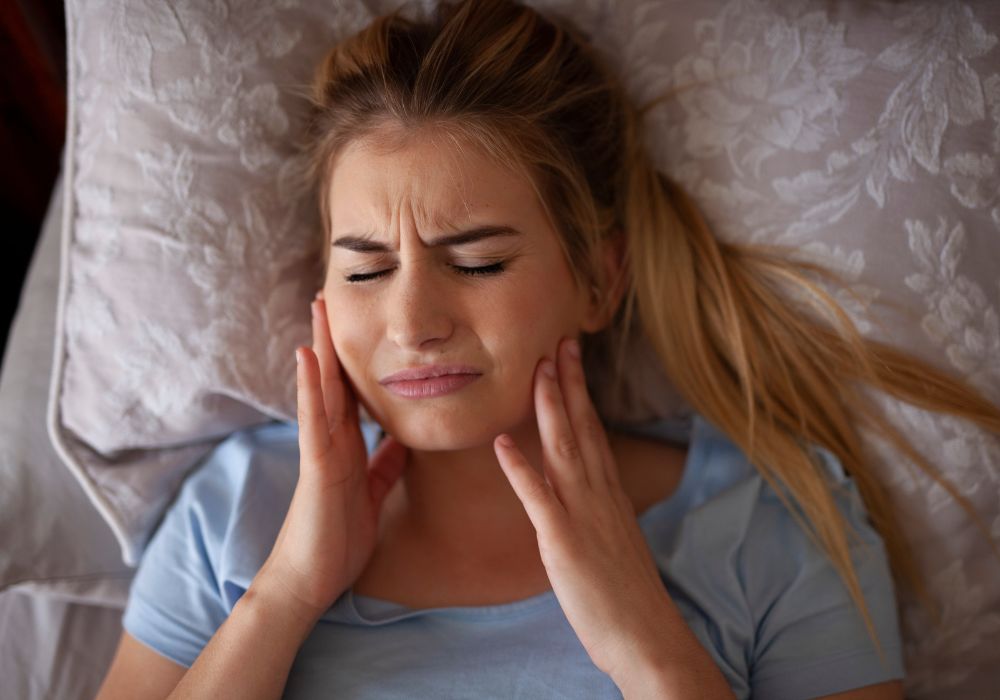
The best way to make sure your kid is suffering from sleep bruxism is to hear them grinding their teeth at night. Since that is sometimes hard to notice, you must be on the lookout for the other symptoms we listed.
If you observe a few symptoms, it is time to make an appointment with the dentist and have them examine your kid’s temporomandibular joint, jaw muscles, and teeth for signs of bruxism. A dentist can often diagnose it based on a physical exam and the symptoms.
But in some cases, your kid might need a sleep study called a polysomnography. This test is performed at a sleep center and can provide a definitive diagnosis.
How To Treat Teeth-Grinding In Kids?
Since the exact cause of teeth-grinding in kids and toddlers is usually hard to pinpoint, addressing the most obvious suspects is the best way to go.
Those are stress, anxiety, and similar disorders, so it is very important to try to reduce them. Some of the potential ways to go about this are cognitive behavioral therapy, exercise, warm bath, and physical therapy.
You should also take matters into your hands and make the time before your child goes to sleep as calming as possible: cuddling with them, reading them stories, or listening to some soothing music will help them achieve relaxation, get better sleep quality and grind their teeth less.
You can combine one or two activities from the previous paragraph with, for example, a warm bath to form a strict bedtime routine your child will follow.
Another key factor in sleep bruxism therapy is night guard, which is a form of mouthguard used as a protection for teeth from adverse forces and restore joint structures.
A nightguard is made based on impressions of both jaws and is worn only at night. It allows the neuro-muscular system to relax and rest while protecting teeth and/or dental tools such as braces from further degradation.
To alleviate the issue, you can also use cold or hot packs or pads, as well as add more liquid to your kid’s diet, which will keep chewing to a minimum.
Dental checkups are quite important for having a healthy mouth cavity, whether they have bruxism or not, which is why we recommend your taking your kid to the dentist on a regular basis.
Conclusion
Teeth-grinding during the night in kids is caused by stress, emotional tension, teeth growing, dental issues, neurological and sleep disorders, seasonal allergies, and genetics.
In order to spot this condition, look for teeth-grinding, teeth sensitivity, jaw and ear pain, headaches, and tooth wear in your child.
Is your kid complaining about one of the symptoms mentioned above? Let us know about it in the comments. Also, do not shy away from asking any question related to this topic!

